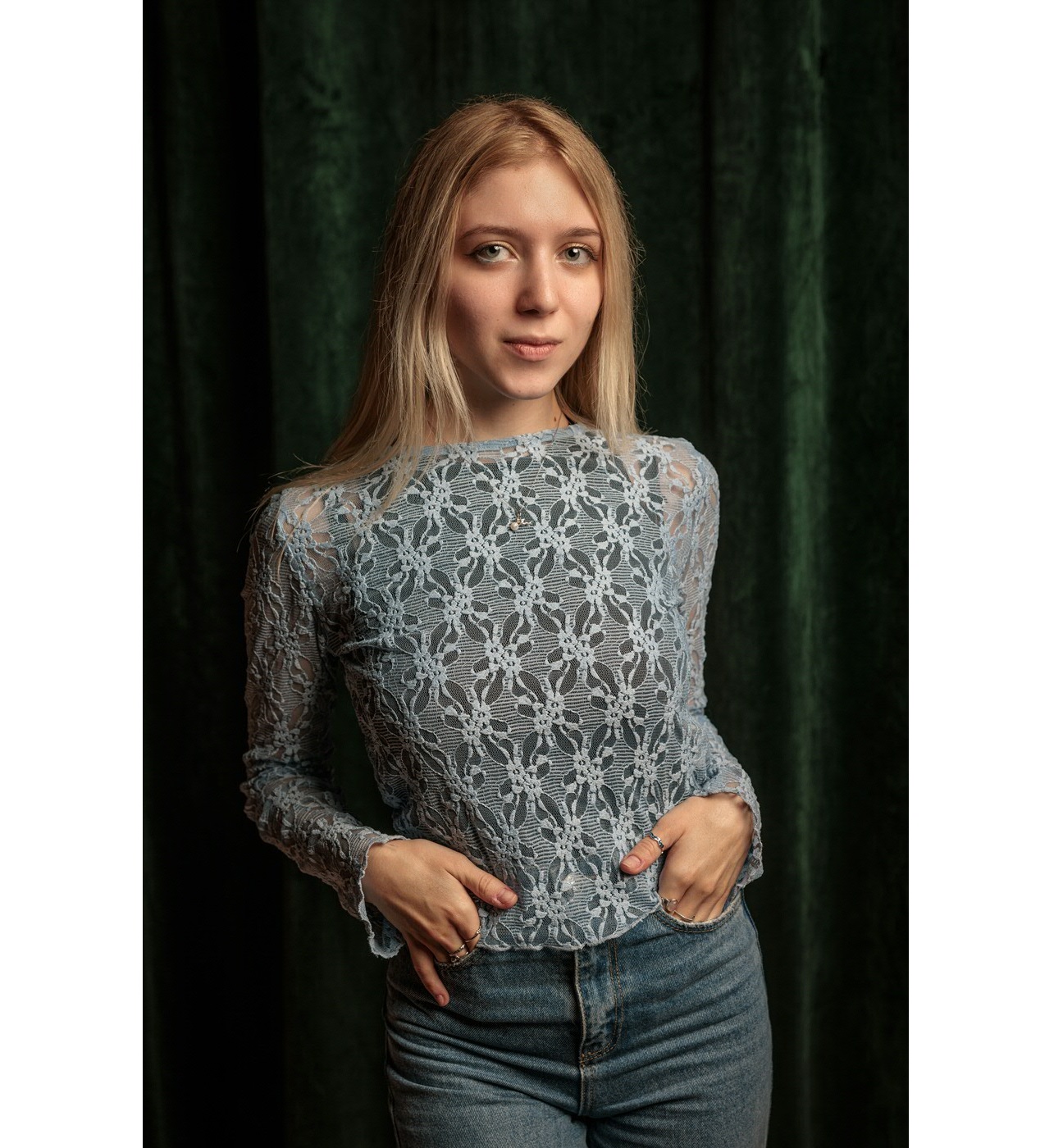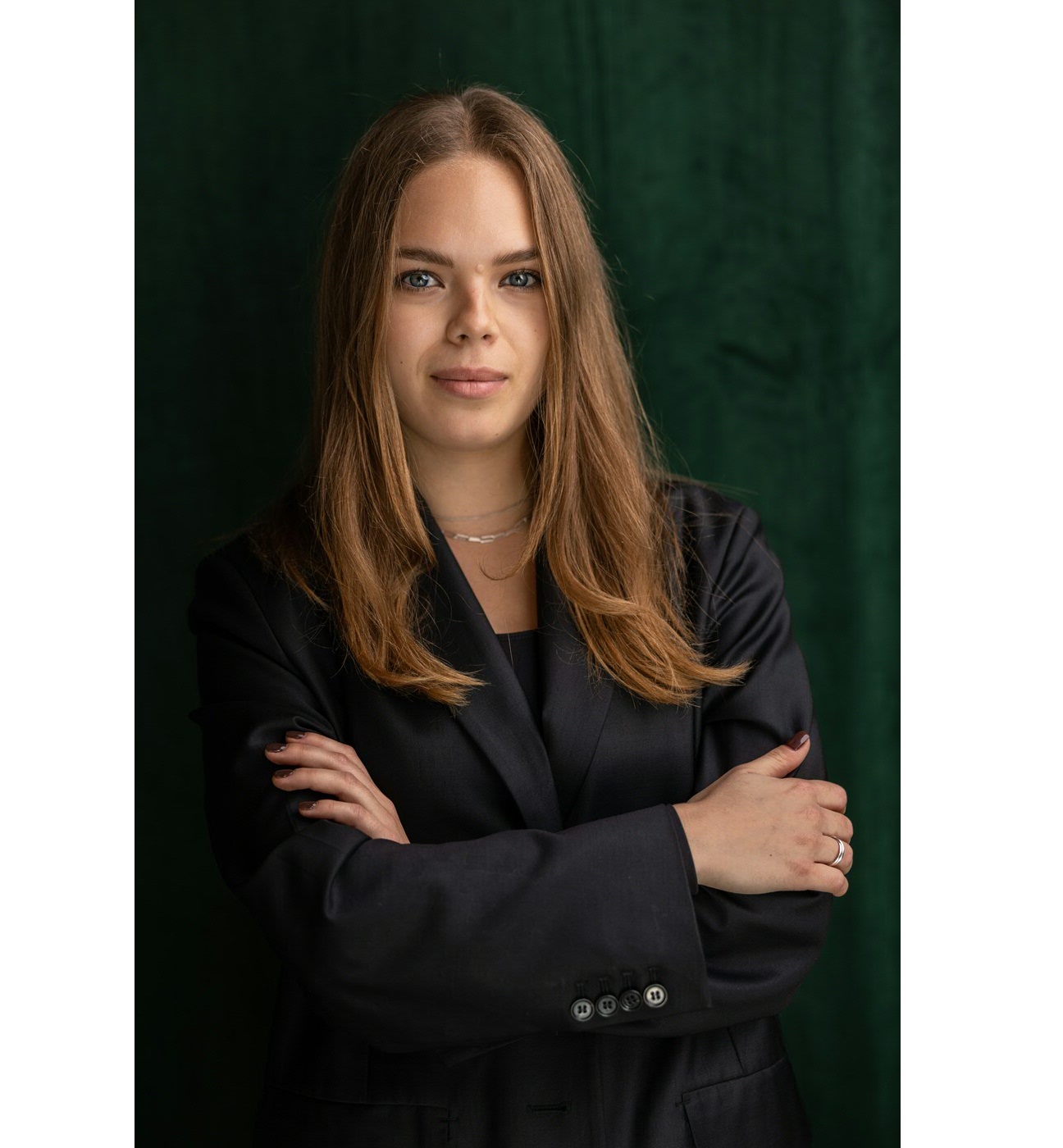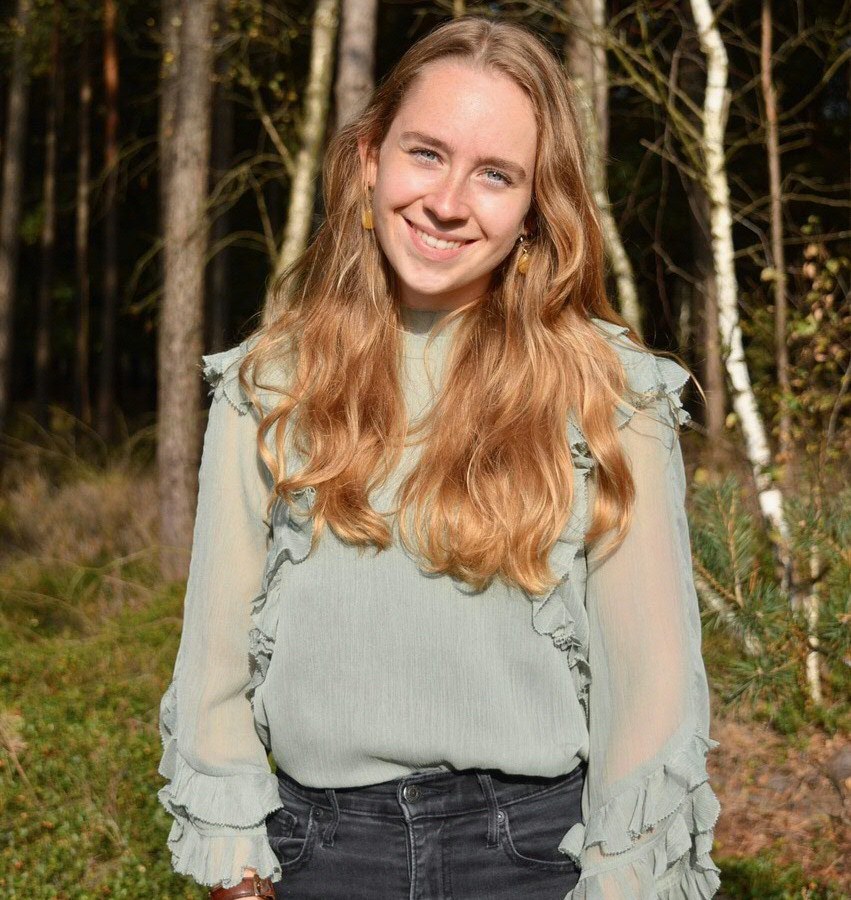
Are you fascinated by art, architecture and landscapes? Are you curious about the meaning, history, and impact of art, architecture, and landscapes? Then Art History is your program.
The Department of History of Art, Architecture and Landscape in Groningen is unique because it combines the ecologically informed study of the visual arts, urbanism, architectural history and the history of landscapes. It examines the relationships between artwork, city and landscape and relates them to their respective environments. Our bachelor program offers a combination of historical, theoretical, and practice-based courses in which our international faculty collaborates with distinguished experts and leading institutions. You are introduced to the professional world from the beginning. Because art historians study objects, buildings and landscapes in context. You will therefore go on an excursion abroad to a large European metropolis like Berlin, London, or Florence. The Department also organizes many excursions in the Netherlands.
After your Bachelor degree you can continue your studies in the Master program Arts and Culture. You can choose between the following tracks:

Hi everyone! My name is Lia. I am 20 years old and I am the child of autumn. I am from Moldova and I deeply care about my background and roots. I am a second-year BA Art History student and I am also enrolled in the Honours College programme. I write poetry and read to soothe my soul, and visit local museums every time I travel. I love Pilates and I walk a lot because it helps me relax. Last but not least, I prefer sunflowers over roses.
The personalised approach of this programme develops your understanding of human society and culture, whilst shaping your critical analysis and perspective on art, architecture, and landscapes. It covers a broad historical background and helps you understand the chronological development of art. At the same time, the variety of courses, from ‘Beyond Antiquity’ to ‘Art Now,’ provide socio-political commentary on historical events that have shaped humanity. The courses cover a wide range of topics and methodologies that provide a framework for your approach to art history. If you are not sure about your specific field of interest, the programme will help you find which particular region, time period, or movement your wish to specialise in. Whenever someone asks me ‘Why do you study Art History?’, I remember a quote from ‘Dead Poets Society’ that says, ‘Medicine, law, business, engineering, these are all noble pursuits and necessary to sustain life. But poetry, beauty, romance, love, these are what we stay alive for.’
Read more about Lia and why she chose to study Art History in Groningen!

Hi! I am Marina and by the time you read this, I wil have received my Bachelor’s diploma in Art History. I will now continue my studies as a Master’s student of Art History, specializing in Curatorial Studies at the University of Groningen. Being a Russian student abroad and having passion for art, culture and architecture, I have an open outlook on the world around me, full of new knowledge and adventure. As a student ambassador, I would like to give you any information and welcome you to Groningen!
Since my teenage years, I have known that my future academic and work interests would lay mainly in the field of art history. From a personal perspective, I believe I have found a way to connect my goals and interests with a professional career. Art History is a fascinating discipline that opens the door to endless areas of knowledge, where one can find their true calling. Completing an Art History degree does not only mean that you have a great basis for understanding the field of arts and culture, but also that you are skilled in critical analysis and creative thinking. Ranging from writing about art and power in the Medici family or the history of Islamic pottery, to researching an emerging artistic collective or collaborating with contemporary artists in interdisciplinary projects – the topics are endless and give you a space to explore.

Hi there! My name is Mattanja and I'm 21 years old. I am a third year student of the bachelor Art History. Besides my love for art, I enjoy writing and making music. I am also active as a member of the University's Green Office.
My study choice was a long and tedious process. I was in secondary school and I was struggling to choose between applied sciences and university. Eventually, I ended up following two extra years of pre-university education in order to go to university after all. Since History and visual arts were my favourite subjects in secondary school, I love writing and art works tell stories, I became intrigued by the subject of art history. A few months later, I found myself wandering around on the open day of the bachelor Art History in Groningen.
I enjoyed the open day very much, but I was still left with a lot of doubts. Studying art history sounded like fun, but I was afraid that the job opportunities would be very limited. During the student for a day, however, I found out that the bachelor is not limiting at all. Art History at the University of Groningen has a very broad vision on the arts. For example, besides the courses on visual arts, you also follow a lot of courses on architecture and landscaping which make for a versatile and unique programme.
As I mentioned before, I doubted a lot between the applied sciences and university when I was in secondary school. The practical approach to learning of the applied sciences spoke to me, but the great thing about following the programme of Art History, is that you can apply the theory you learn in practice. For example, there are classes in collaboration with the art academy Minerva and excursions are organized regularly so that the material in your book becomes tangible. There’s another advantage to following this study: on your next city trip you can guide your friends or family around the city and tell them all about the churches, city halls and museums that you pass. This way, you’re constantly applying the studied material in practice and you can function as a free city guide!

I became interested in art history because I was curious about the stories behind works of art. In the first year you learn about artistic movements, artists and their cultural context. The lecturers specialise in a wide range of subject areas. Because it is a small-scale degree programme, you are in close contact with the lecturers and other students. There are a lot of excursions during the first year and it’s great to see in real life what you learned about in class! I recommend joining Meander, the study association, which organizes lectures, excursions and get-togethers all year round. Groningen is a fantastic place to live and study.

I came to Art History through studying Italian. I found Italian art and culture so interesting that I decided to study these as well. I am particularly fascinated by the broad links between art, culture and politics. The link between Picasso and Apollinaire, for example, but also the importance of art for society, and the political message in art.
I was the chair of Meander, the Art History study association and am now headings its advisory board. This enables me to gain administrative experience and extend my network, but above all it is very instructive and enjoyable. Meander adds to the degree programme by organizing excursions and career days, and also parties and get-togethers.
Because I think it’s important to be actively involved in the degree programme I am a student member of the Degree Programme Committee. It is also useful to learn more about how the University operates.
I like to spend my free time with friends – going out for a meal, going to festivals and concerts. Luckily there is enough time to do this alongside studying and working for Meander.

Hello! My name is Jade and I am 20 years old.
I am currently in my third year of the Bachelor Art History. I love
having fun, I like to meet up with my friends and I like to have a
walk.
I grew up with art. I have smelled the smell of paint from an early age on in my parental home and in my mother's studio. Our dining table was covered with paint stains and brushes were scattered around our house. As a result, I became acquainted with museums and artworks at a very young age. This sparked my interest in art (history).
Art History was however not really my original study choice. After a few open days, I was sure that I did not want to study Art History, but after studying Philosophy for two weeks, I quickly longed for the arts. I then switched as quickly as possible. Art History turned out not to be a dry or tough study, but rather incredibly varied and challenging, with many different subjects and collaborations, for instance with the Minerva Academy of Fine Arts or the Arts, Culture and Media program. In addition, it is a small, personal study with many creative and interesting people, which leads to great collaborations and results.
Are you at secondary school and want to know what studying at university is like? The Art History programme is offering a web class! This online course from the University of Groningen is specially designed for secondary school students.
Are you interested? Please register here.